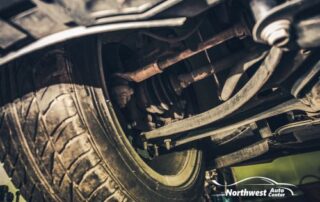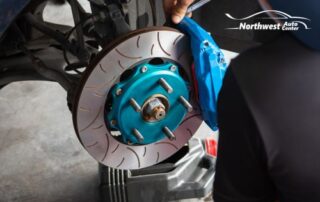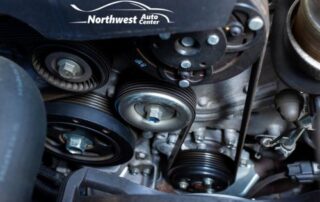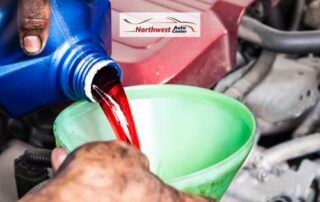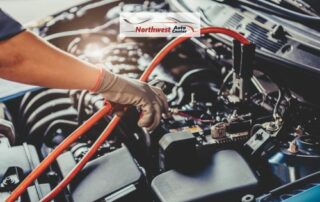Prolonging the Life of Your Vehicle’s Suspension
Your vehicle’s suspension system plays a vital role in ensuring a smooth, safe ride. It absorbs shocks, maintains proper wheel alignment, and provides the control you need while driving. Unfortunately, the suspension system often goes unnoticed — that is until something goes wrong. By the time symptoms like uneven tire wear or a bumpy ride appear, the damage might already be extensive. The good news? You can take proactive steps to extend the life of your vehicle’s suspension. With routine care and mindful driving habits, you can help this crucial system last longer, saving money on costly repairs and keeping your ride safe and comfortable. Understand the Basics of Your Vehicle’s Suspension Before diving into maintenance tips, it's helpful to understand what your vehicle's suspension includes. A typical suspension system is made up of: Shocks and struts: Absorb and dampen road impact and keeps the tires on the ground. Springs: Support the weight of the vehicle and absorb shocks. Control arms and bushings: Connect the wheel hub to the [...]

